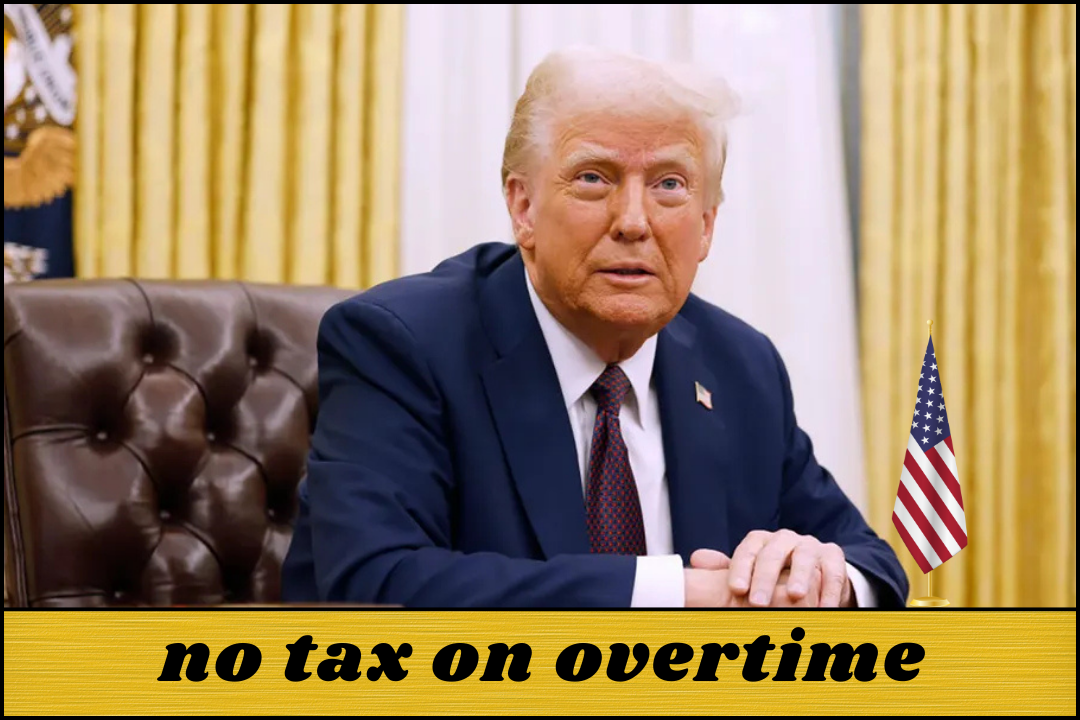Introduction
The concept of “no tax on overtime” is gaining traction worldwide as governments explore ways to boost productivity, reward hardworking employees, and stimulate economic growth. Many workers put in extra hours to make ends meet, but taxation on their overtime earnings reduces the additional benefits they receive for their dedication. Implementing a tax-free overtime policy can be a win-win situation for both employees and businesses.
In this blog, we will explore the advantages of a no-tax policy on overtime, its potential economic impact, and how it could affect employees, employers, and governments.
Understanding No Tax on Overtime
No tax on overtime refers to a government policy where employees are not required to pay income tax on the additional earnings they receive for working beyond their regular hours. Typically, overtime pay is taxed at the same rate as regular income, which can sometimes push employees into a higher tax bracket, diminishing the financial benefits of working extra hours.
Benefits of No Tax on Overtime
1. Increased Take-Home Pay
One of the most direct benefits of this policy is that employees get to keep more of their hard-earned money. By eliminating taxation on overtime wages, workers experience a significant boost in their take-home pay. For example, an employee earning $25 per hour who works an additional 10 hours per week at 1.5x overtime pay ($37.50 per hour) could take home nearly $375 extra without deductions if taxes on overtime were eliminated.
2. Enhanced Workforce Productivity
With no tax on overtime, employees are more likely to put in additional hours without worrying about tax deductions that diminish their earnings. This can increase productivity levels within industries that rely on overtime labor, such as healthcare, manufacturing, and emergency services.
3. Reduced Labor Shortages
Many industries, especially healthcare and logistics, struggle with labor shortages. Removing tax on overtime can encourage current employees to work longer shifts, reducing the strain on understaffed sectors and ensuring businesses run smoothly.
4. Improved Work-Life Balance Choices
Although working overtime can be physically and mentally demanding, tax-free overtime earnings provide workers with the flexibility to choose extra work hours based on financial needs rather than tax implications.
Countries Implementing No Tax on Overtime
Several nations have already experimented with tax-free overtime policies, either permanently or as temporary measures. Below is a comparison of some of these countries:
| Country | No Tax on Overtime Policy | Implementation Year | Impact |
|---|---|---|---|
| France | Tax-free overtime wages up to a certain limit | 2019 | Increased workforce participation |
| Belgium | Overtime tax relief for specific sectors | 2020 | Boosted economic activity |
| Italy | Temporary tax exemption on overtime | 2021 | Encouraged additional work hours |
| Canada | Certain provinces offer tax-free overtime benefits | 2022 | Helped labor-intensive industries |
Challenges and Concerns
While the idea of no tax on overtime sounds beneficial, there are some challenges that policymakers and businesses must consider:
1. Revenue Loss for Governments
Taxation is a major source of revenue for governments. Removing overtime tax could lead to budget deficits, requiring alternative revenue sources or spending adjustments.
2. Potential for Worker Exploitation
Some employers might over-rely on overtime labor instead of hiring additional staff, leading to overworked employees and potential burnout.
3. Implementation Complexity
Creating a tax-free overtime system would require careful structuring, clear regulations, and efficient monitoring to prevent loopholes or misuse.






